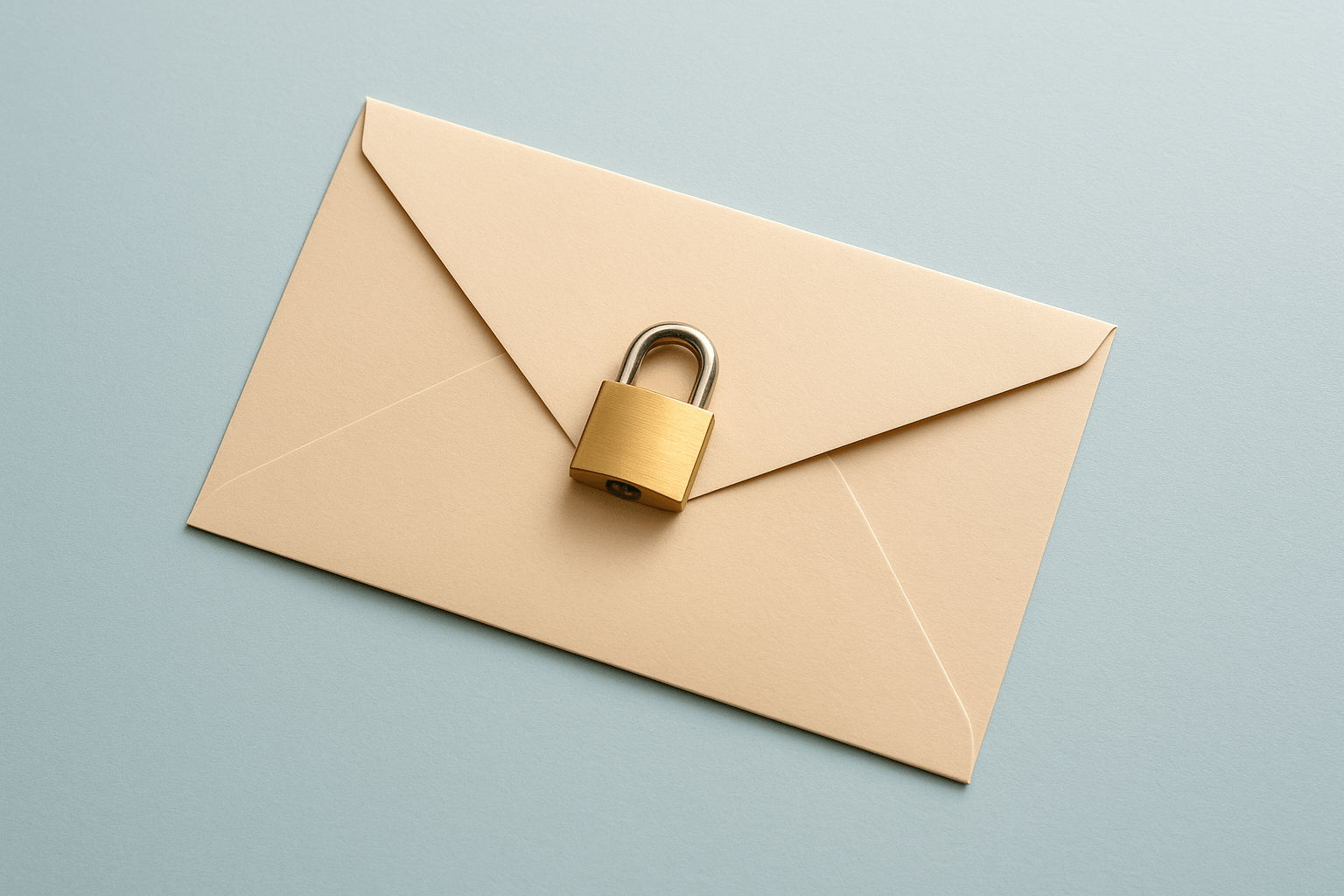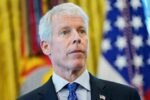Silence has a strange power over people. It can feel protective, even righteous, yet it can also become deeply corrupting. When those in positions of trust refuse to speak, their quiet can do as much harm as any act itself. The continuing unease over Prince Andrew’s links with Jeffrey Epstein is a reminder of this moral tension. How many people around him knew, and why did none of them act?
Inside Royal life, confidentiality is more than courtesy. Staff and protection officers sign agreements that bind them to secrecy long after they leave service. These documents are meant to preserve privacy and national security. Yet when they prevent someone from reporting wrongdoing, they cross a dangerous line. At that point, confidentiality turns into moral disengagement, the psychological process that allows people to excuse or detach from unethical behaviour.
Psychologists have long shown how loyalty and hierarchy can cloud judgement. Stanley Milgram’s famous experiments revealed that ordinary people obey authority even when it conflicts with conscience. The same pattern can appear in elite institutions, where questioning those above you is quietly discouraged. In that environment, silence feels safer than honesty, and fear dresses itself up as loyalty.
If a person witnesses possible criminal behaviour but stays quiet out of fear of breaking a non-disclosure agreement, the boundary between law and conscience becomes faint. The legal idea of joint enterprise says that those who assist a crime can be held responsible. But what about those who enable wrongdoing through silence? Can fear of losing one’s job really excuse a moral failure to act?
The 2011 email reportedly sent by Prince Andrew to Epstein, stating “We are in this together and will have to rise above it,” has reignited public debate. Whatever its legal meaning, it has reopened questions about who knew what, and when. From a psychological view, this is a classic case of diffusion of responsibility. Everyone assumes someone else will intervene, and in the end, no one does.
This is not just a royal story. NDAs are now common across workplaces and public bodies. They often silence whistleblowers and discourage truth-telling. When civil law makes honesty risky, organisations begin to lose their moral direction. People stop believing that speaking up will change anything. The result is a slow erosion of trust and integrity.
Cognitive dissonance plays its part too. Individuals persuade themselves that silence is professionalism, or that loyalty means complicity. The more prestigious the organisation, the easier it becomes to rationalise the choice to stay quiet. Yet no contract can erase moral duty. Confidentiality does not mean abandoning conscience.
Perhaps the courts will soon face this question directly. Should those who expose potentially criminal acts be protected from retaliation? The ongoing case of MacLennan v the British Psychological Society may finally help to draw that line.
For psychology, the lesson is unmistakable. Institutions must recognise the psychological forces that keep people silent in the face of harm. Transparency is not only a legal safeguard but also a mental one. A culture that punishes truth-telling corrodes itself from within. When fear triumphs over conscience, no institution, however grand, can claim integrity.
***
An earlier version of this article was published on LinkedIn.
Professor Nigel MacLennan runs the performance coaching practice PsyPerform.








